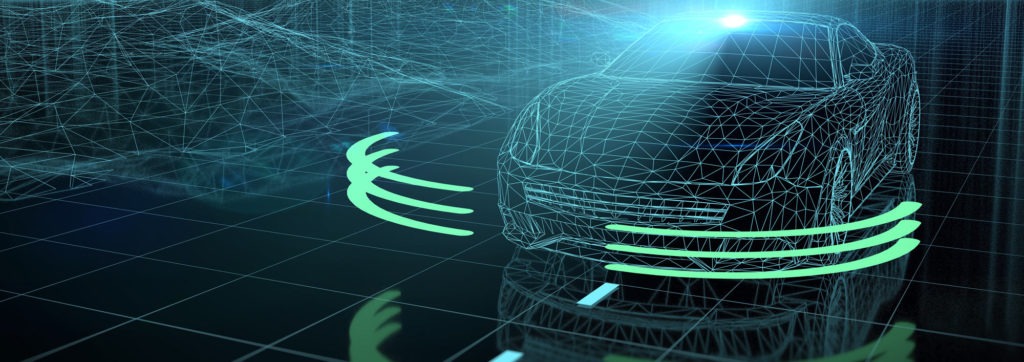Bosch-Prognos study reveals that connected car systems could save 11,000 lives in 2025
13 April 2017

13 April 2017
Together with the Prognos research institute, Bosch has conducted a study into the implications of connected cars widely using technologies such as highly automated driving, emergency braking, and smartphone integration. The study reveals that in 2025, connected assistance systems could save over 11,000 lives; 7000 in China, 3000 in the US and a further 300 in Germany.
The study also calculates that more than 260,000 accidents that result in injuries could be avoided; 210,000 in the US, 30,000 in Germany and 20,000 in China. This equates to the number of accidents that happen in Berlin over a two-year period.
Automated driving is expected to free up 95 hours a year for German drivers and connected parking technologies could save a total of 480 million kilometres in driving distance. For example, cars will be able to detect available parking spaces and guide drivers directly to them. On average, car drivers in Germany currently travel 1 kilometre when looking for parking, which naturally adds to traffic congestion and emissions.
Bosch and Prognos assessed a total of 12 technologies for private passenger transport and how widespread they are, before projecting the resulting effects in Germany and the US, as well as in major cities in China, by 2025. The model is based on international statistics on development of the vehicle fleet, accident data, and current research, as well as on estimates by experts at Bosch and Prognos.
Bosch board member Dirk Hoheisel said: ′Today, computers, smartphones, and the internet are part of everyday life in our society. The same will be true of connected cars in 2025.’
Paul Newman, a professor of information engineering at Oxford University and co-founder of Oxbotica, a specialist provider of autonomous control system technologies, has echoed the sentiment that driverless cars will reduce the number of accidents in an interview with the Guardian newspaper in the UK. He said ′90% of all accidents are caused by distraction. Distraction is the one thing that machines don’t do. They have super human abilities to concentrate.‘ This also paves the way for improving mobility for the ageing population and those who cannot drive due to visual impairment or physical disability. ′Machines should be doing that for us’ says Newman.
Newman also sees the positive implications for traffic and emissions. ′Self-drive cars will lead to steadier traffic and less unnecessary acceleration, both of which will help reduce transport-related emissions‘ he said. Finally, Newman expects autonomous technology to boost electric vehicle demand as he sees the two technologies as pivotal in ′reinventing vehicles.’